ДОБРО ПОЖАЛОВАТЬ!
Новости
Этот день начинался с Фотогалереи, посвящённой миру театра. 2019 год - год театра, это очень важное событие для культурной жизни страны, для формирования общественного сознания. Одной из основных задач проведения года театра видится возможность сделать театр частью жизни каждого из нас.

Неделя языкознания
Понедельник 20.05
Литературно-музыкальная композиция, посвящённая
А.С.Пушкину «Я вас любил…» (1 курс)
Конкурс чтецов стихов А.С.Пушкина и о Пушкине
на русском и английском языках (1 курс)
Вторник 21.05
Фотогалерея «Мир театра» (2 курс)
Литературная игра «Морской бой» (12-ГД)
Среда 22.05
Олимпиада по русскому языку (1 курс)
Олимпиада по иностранным языкам (1 курс)
Четверг 23.05
Хит-парад презентаций «Занавес» (2 курс)
Грамматический марафон по русскому языку (1 курс)
Пятница 24.05
Открытый урок «Жанры фильмов. Лексические упражнения»
(Булкина Т.А., Воронина М.В.,12-ГД)
Защита индивидуальных проектов
Подведение итогов
Удачи в конкурсах!
Неделя языкознания началась с Литературно-музыкальной композиции, посвящённой А.С.Пушкину «Я вас любил…». Ведущие подарили радость встречи с поэтическим миром А.С.Пушкина, рассказывая факты из жизни А.С.Пушкина и читая его стихи.
The first Monday of May is a bank holiday in the United Kingdom. It is called May Day in England, Wales and Northern Ireland. It is known as the Early May Bank Holiday in Scotland.
IS EARLY MAY BANK HOLIDAY A PUBLIC HOLIDAY?
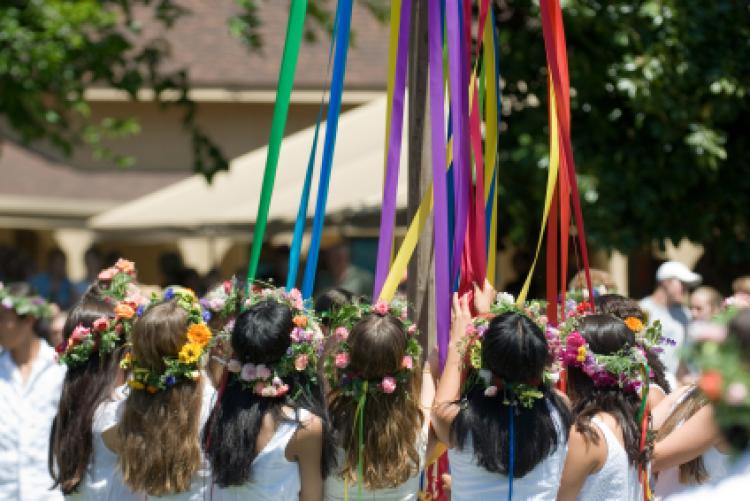
ANCIENT SUMMER CELEBRATION
MAYPOLES AND MORRIS DANCING
CROWNING THE MAY QUEEN
PUBLIC LIFE
BACKGROUND
Внимание! Скоро Неделя Иностранных Языков!
С 20 по 24 мая будет проходить Неделя языкознания!
Понедельник -
Литературно-музыкальная композиция, посвящённая А.С.Пушкину «Я вас любил…» (1 курс),
Конкурс чтецов стихов А.С.Пушкина и о Пушкине на русском и английском языках (1 курс)
Вторник -
Фотогалерея «Мир театра» (2 курс),
Литературная игра «Морской бой» (12-ГД)
Среда -
Олимпиада по русскому языку (1 курс),
Олимпиада по иностранным языкам (1 курс)
Четверг -
Хит-парад презентаций «Занавес» (2 курс),
Грамматический марафон по русскому языку (1 курс)
Пятница -
Открытый урок «Жанры фильмов. Лексические упражнения» (Булкина Т.А., Воронина М.В.,12-ГД),
Защита индивидуальных проектов
Подведение итогов
Желаю всем удачи! Good Luck!
Many fans and enthusiasts of William Shakespeare, who was one of England’s greatest poets and dramatists, celebrate National Shakespeare Day, also known as Shakespeare Day, on April 23 each year. April 23 is also St George’s Day and the United Nations’ World Book and Copyright Day, which was a natural choice to pay a worldwide tribute to writers such as Shakespeare.
IS SHAKESPEARE DAY A PUBLIC HOLIDAY?
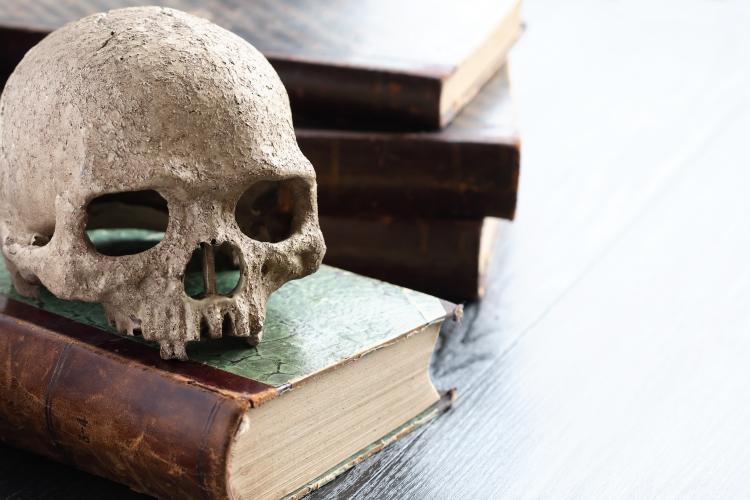
PUBLIC LIFE
BACKGROUND
SYMBOLS
Easter Sunday, also called Resurrection Sunday, is a Christian holiday celebrating the resurrection of Christ. In the UK, it is common to organize Easter egg hunts and get together for lunch with friends and family.
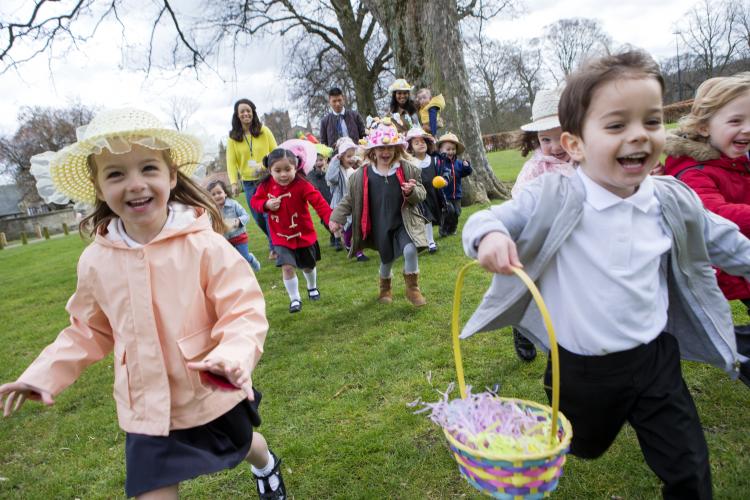
IS EASTER SUNDAY A BANK HOLIDAY?
ARE SHOPS OPEN ON EASTER SUNDAY?
EASTER BUS TIMES
EGG HUNTS AND EASTER BUNNY
EASTER SUNDAY ROAST AND DAFFODILS
WHY DO WE HAVE EASTER EGGS?
WHO CELEBRATES EASTER IN THE UK?
WHY IS IT CALLED EASTER?
WHY IS EASTER ON DIFFERENT DATES EVERY YEAR?
Mothering Sunday, sometimes known as Mother's Day, is held on the fourth Sunday of Lent. It is exactly three weeks before Easter Sunday and usually falls in the second half of March or early April.
Is Mothering Sunday a Public Holiday?
Mothering Sunday is not a public holiday. It falls on воскресенье 31 март 2019 г. and most businesses follow regular воскресенье opening hours in the United Kingdom.

Mothers are remembered on Mothering Sunday in the UK.
What Do People Do?
Mother's Day, or Mothering Sunday, is now a day to honor mothers and other mother figures, such as grandmothers, stepmothers and mothers-in-law. Many people make a special effort to visit their mother. They take cards and gifts to her and may treat her to brunch, lunch or high tea in a cafe, restaurant or hotel. People who cannot visit their mother usually send gifts or cards to her.
An important part of Mothering Sunday is giving cards and gifts. Common Mother's Day gifts are cakes, flowers, chocolates, jewelry, and luxurious clothing. Some people do not give a physical gift, but choose to treat their mother or grandmother to a special meal, beauty treatment or fun outing.
Specially decorated Mother's Day cakes are available in many stores. In the days and weeks before Mothering Sunday, many schools, Sunday schools and children's organizations help their pupils to prepare a handmade card or gift for their mother.
Public Life
Mothering Sunday is not a bank holiday in the United Kingdom. Public transport services run to their usual Sunday timetables. Cafes, restaurants and hotels may be fully booked a long time ahead, as many people treat their mother to a special meal on Mothering Sunday. Those wishing to eat in a restaurant on Mother's Day may need to reserve a table in advance.
Background
Mothering Sunday was originally a time when people returned to the church, in which they were baptized or where they attended services when they were children. This meant that families were reunited as adults returned to the towns and villages where they grew up. In time, it became customary for young people who were working as servants in large houses, to be given a holiday on Mothering Sunday. They could use this day to visit their own mother and often took a gift of food or hand-me-down clothing from their employers to her. In turn, this moved towards the modern holiday, on which people still visit and take gifts to their mothers.
Traditionally, people observed a fast during Lent. Lent is the period from Ash Wednesday until Good Friday. During the Lent fast, people did not eat from sweet, rich foods or meat. However, the fast was lifted slightly on Mothering Sunday and many people prepared a Simnel cake to eat with their family on this day.
A Simnel cake is a light fruit cake covered with a layer of marzipan and with a layer of marzipan baked into the middle of the cake. Traditionally, Simnel cakes are decorated with 11 or 12 balls of marzipan, representing the 11 disciples and, sometimes, Jesus Christ. One legend says that the cake was named after Lambert Simnel who worked in the kitchens of Henry VII of England sometime around the year 1500.
St Patrick's Day occurs on March 17. It is a national holiday in Ireland and commemorates one of its patron saints, St Patrick. In the United Kingdom, it is celebrated in Irish pubs and in cities, such as Nottingham and London where many people with an Irish background live.
IS ST PATRICK'S DAY A PUBLIC HOLIDAY?

WHAT DO PEOPLE DO?
PUBLIC LIFE
BACKGROUND
People in Wales and those of Welsh origin celebrate the life of their patron saint, St David, and the Welsh culture on March 1 each year. Many people pin a daffodil or leek to their clothes and some, especially children, wear traditional costumes.
IS ST. DAVID'S DAY A PUBLIC HOLIDAY?




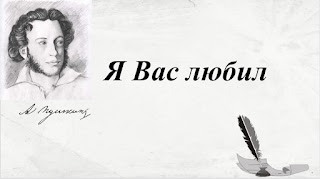
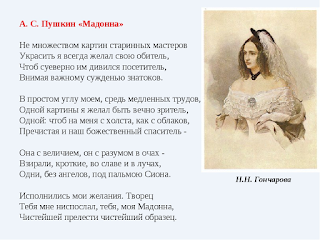

Поделиться с друзьями: